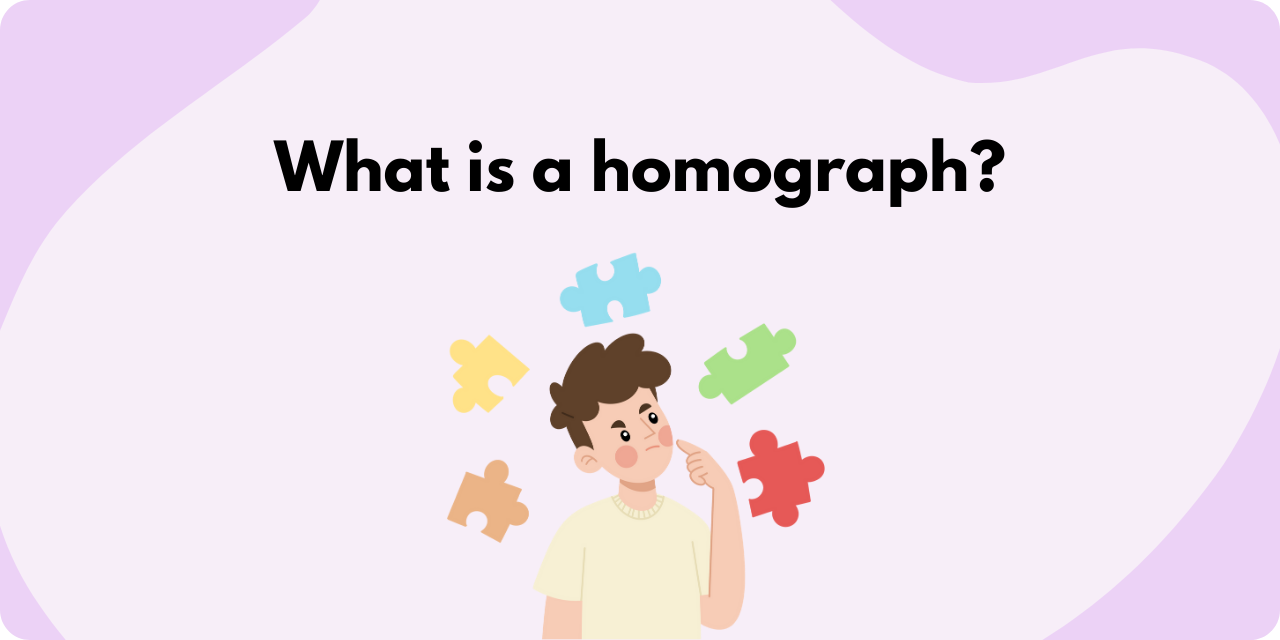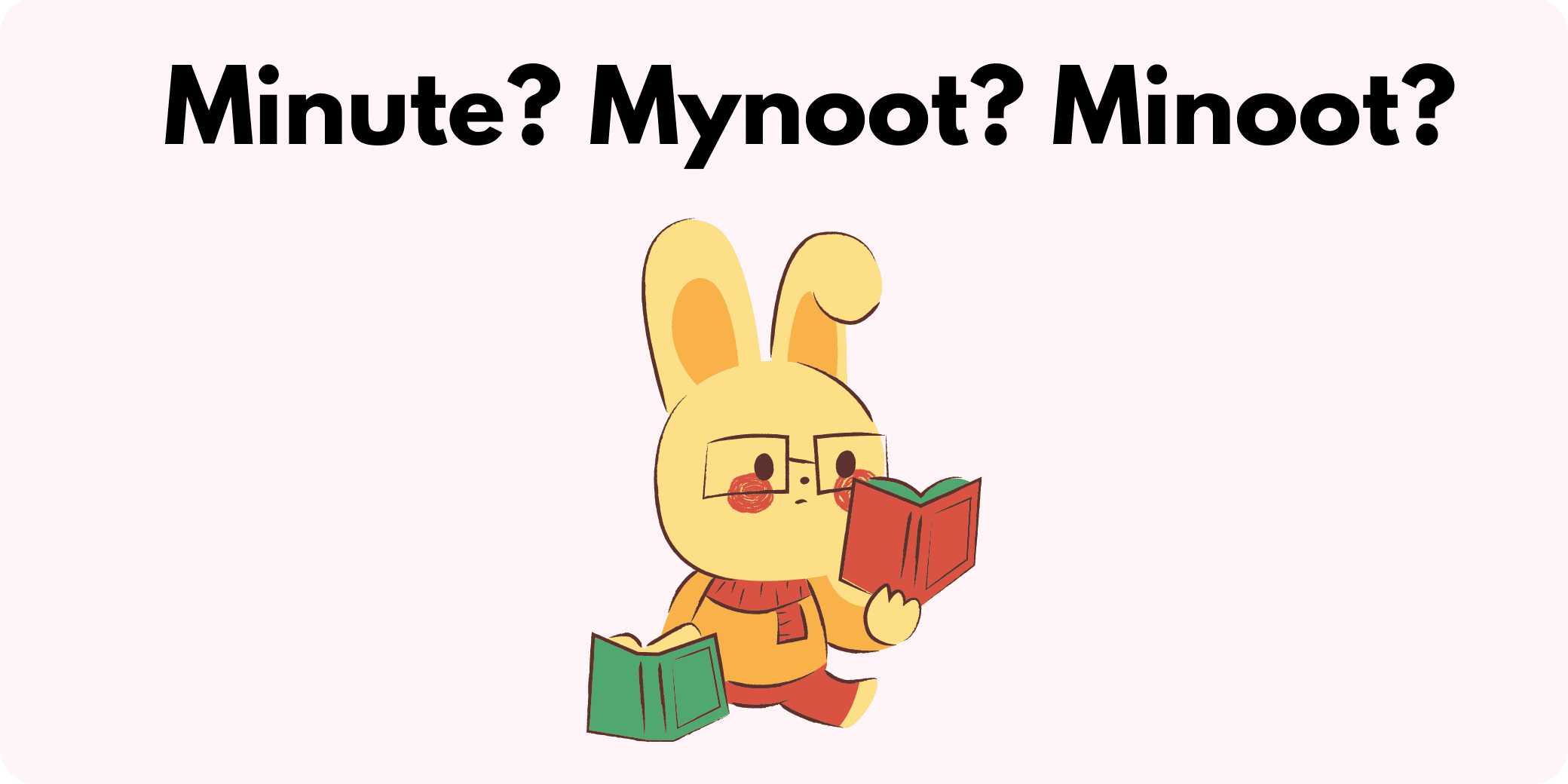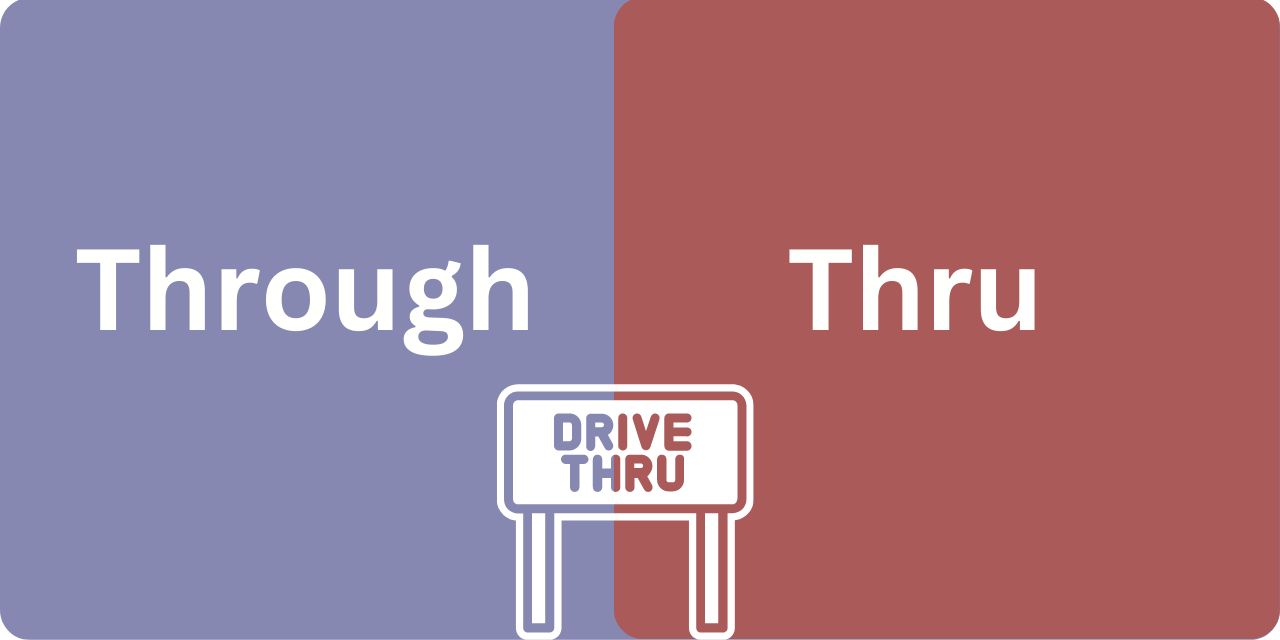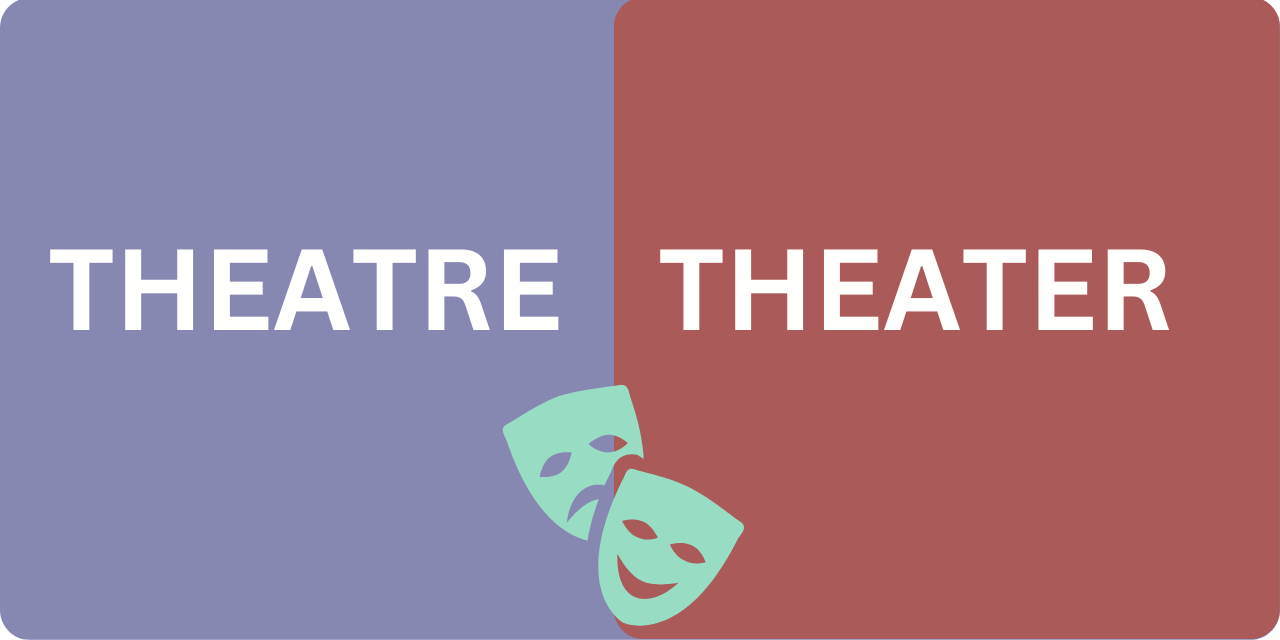You find yourself contemplating the existence of these word forms: truely and truly.
Chances are, you’ve seen each of these spellings before and may wonder which one is proper or whether each spelling has a different meaning.
Even though people may say they don’t judge you on your speech or writing, they do! Otherwise, it wouldn’t be necessary to spend excessive time making sure your job application is grammatically and contextually pleasing.
As unfair as it may seem, your skills aren’t the only feature that is under evaluation when submitting your paperwork.
Fortunately, with a bit of research and the assistance of spell-checking or grammar applications, you can quickly find the answer you’re looking for when you suspect you may not be using a word correctly.
We will clear up the difference between “truely” and “truly” right now, so you go on your merry way, a little more word savvy than you were before.
The Phenomenon That Is “Truely”
This word describes when something is done or described truthfully or with genuine sincerity.
In a typical situation where you have an adjective (describes or limits a noun) that ends with an “e” converted into an adverb (describes or modifies a verb, adjective, or another adverb), the rule is to add an -ly.
Complete → Completely
Absolute → Absolutely
Polite → Politely
So one might imagine the same is true for today’s special guest: true
True → Truely? Nope!
Unfortunately, English is full of irregularities and inconsistencies, and “true” falls victim to this situation.
I truely believe that I can pass the Organic Chemistry course if I study more.
Incorrect (although you may, in fact, be able to pass the course if you buckle down!)
Shrugging, Bob seemed truely baffled as to why Mariah slapped him.
Nope – Bob’s not the only one who is clueless if you see this spelling.
Pixie stood before us and sang her song, regaling us with her truely magnificent voice.
Still wrong (but three is a magic number!)
The moral of the story is that “truely” is an improper spelling, probably resulting from people trying to apply the standard rule to a word that one could reasonably expect to comply with it.
Do not use it if you are trying to write correctly in English.
Truly is Truly the Proper Spelling
“Truly” is used in the same situation as “truely,” only this is the authentic spelling; therefore, it is the form you should use in your writing.
Here are the above sentences, strategically enhanced with the proper spelling:
I truly believe that I can pass the Organic Chemistry course if I study more.
Shrugging, Bob seemed truly baffled as to why Mariah slapped him.
Pixie stood before us and sang her song, regaling us with her truly magnificent voice.
Wow! That looks much better, right?
Plus, your spell-checker will thank you because it won’t have to work so hard underlining words in red.
Truley
Wait, a third form of the word? This variation is another, less common misspelling of the same word. More than likely, in this case, someone tried to spell the word phonetically with this result.
Regardless of the method to the madness, this is not a proper spelling and should be avoided at all costs.
Adverbs Ending with -ly
Here’s some bonus knowledge about this situation.
As noted above, the standard practice is to add an -ly to the “e” to do an adjective-adverb conversion. That is not the case when the root word has an “l” preceding that letter, forming “le.”
In this case, the “e” will disappear during the transition process. Here are some examples to demonstrate:
Possible → Possibly
Terrible → Terribly
Subtle → Subtly
The “e” is completely dropped from the word, and technically a “y” is added since there’s already an “l” in place.
Use caution with spelling when dealing with adverbs that end in -ly; they are truly a pitfall waiting to trap an unwary writer.






